Powerful and empathic
May 11, 2017
On the Guthrie Theater’s Thrust stage, “The Bluest Eye”, written by Toni Morrison, is brought to life. The story of three young black girls growing up in 1940’s Ohio touches the hearts and emotions of the crowd in an astonishing way.
Lydia R. Diamond’s adaptation of “The Bluest Eye” has a way of moving the crowd into the storyline, and consuming them into the lives of the three girls. Pecola Breedlove (Brittany Bellizeare), is a poor, young, preteen girl, who wants to be somewhere else. She tries to make herself disappear from her life by hoping that making herself completely numb will erase her from existence entirely. Her father (J. Bernard Calloway), is an alcoholic wife beater, who at one point, drinks so much that he rapes his own daughter. Pecola’s mother (Stephane Berry), desires respect above all. She demands that her daughter call her “Mrs. Breedlove,” even though she is her mother.
All Pecola wants from this life is to be like the “white girls” she sees. She wants blonde hair and blue eyes, “so when people see me walking down the street, they don’t turn away.” She sees on TV and on dolls, these pretty young blonde girls with blue eyes, and she thinks they are beautiful. She thinks that because she doesn’t have blonde hair and blue eyes, she isn’t beautiful. She feels that because she’s not like these “pretty white girls,” that nobody loves her. “I want them blue so my mama love me and I have friends and they think I’m pretty”.
Throughout the play, the lighting focuses on the speaker, but also on a small dandelion. Pecola loves the dandelion. She sees it even though it is a “weed” and “not a real flower,” that it is not beautiful. Although some do not like it, it still is a beautiful flower to others. The dandelion seems to be a symbol of hope and love in Pecola’s eyes. When the love in her eyes begins to fade, she stomps out the flower. She crushes it. Although there is a second dandelion placed on the wall in a crack, that too disappears when Pecola’s innocence is violated by her drunk father.
Pecola has two friends, Claudia (Carla Duren) and Frieda (Deonna Bouye), who are sisters. Their family take in Pecola after her mother and father get into another fight, and Pecola leaves her home. They show her that even though she isn’t “perfect with blonde hair and blue eyes,” they still love her for who she is.
It does not help that Maureen Peal (Caroline Strang), is the most popular girl in school. She is a white girl with blonde hair and blue eyes, and Pecola thinks she is perfect. She believes that because she is white and rich, she is better than everyone. Claudia and Frieda try to tell Pecola that she is not the only symbol of beauty, Pecola does not listen. She believes that Maureen is perfect. But what is she supposed to think? The standard for beauty at the time wasn’t evolved, and the only standard for beauty was being skinny, white, and blonde with blue eyes. All over, everyone saw the same standard, with no difference. TV shows, actresses, dolls. All the same. The crowd feels empathy with the girls, who are struggling to get through an impossible beauty standard-driven world, with no help from their families.
The Guthrie performs this play with power and empathy, increasing their repertoire while providing a moving experience. The Thrust Stage gives the audience a feel of the actors being right in front of them, from wherever you are in the theater. The girls in the play want to survive in a world full of discrimination and hate, and yet, there is no surviving. For these girls, the world was horrible to them. They were just trying to enjoy their childhood.


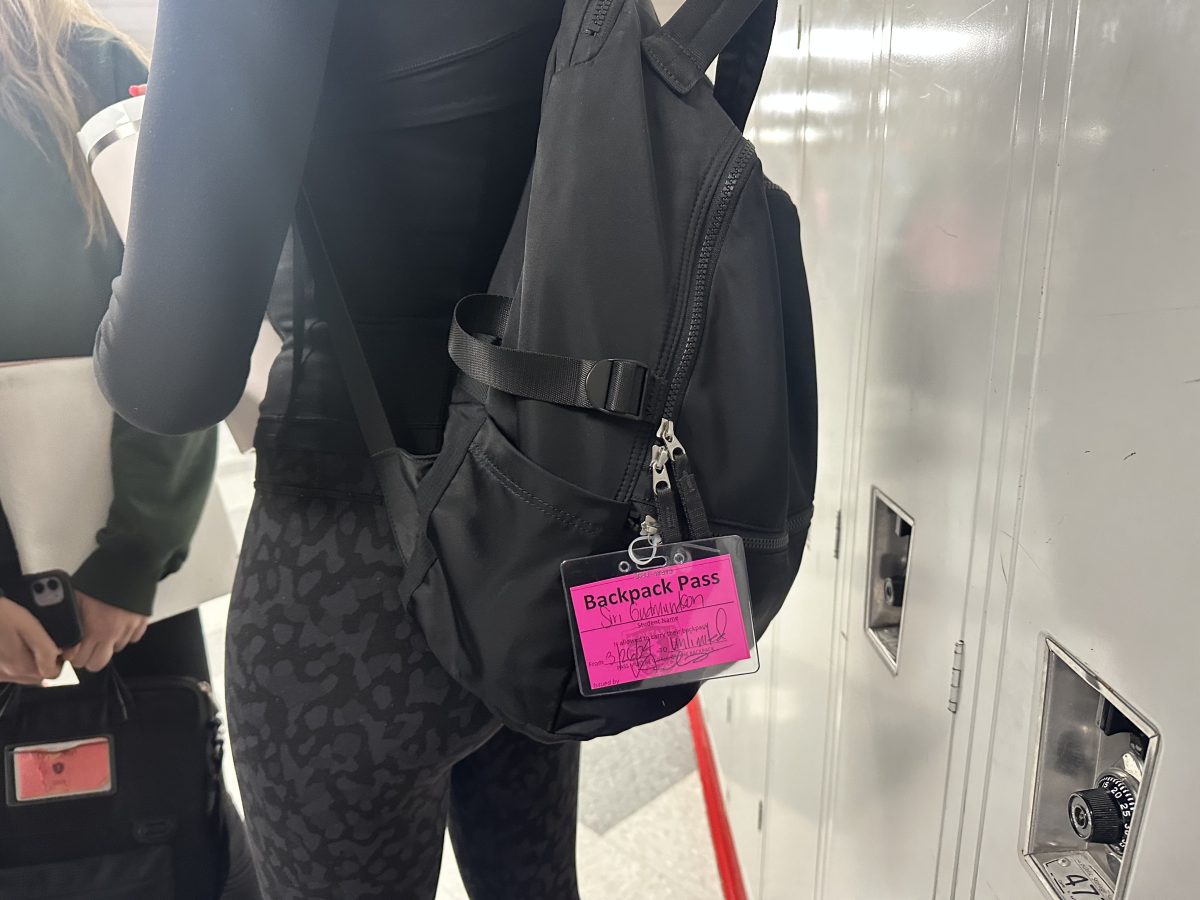
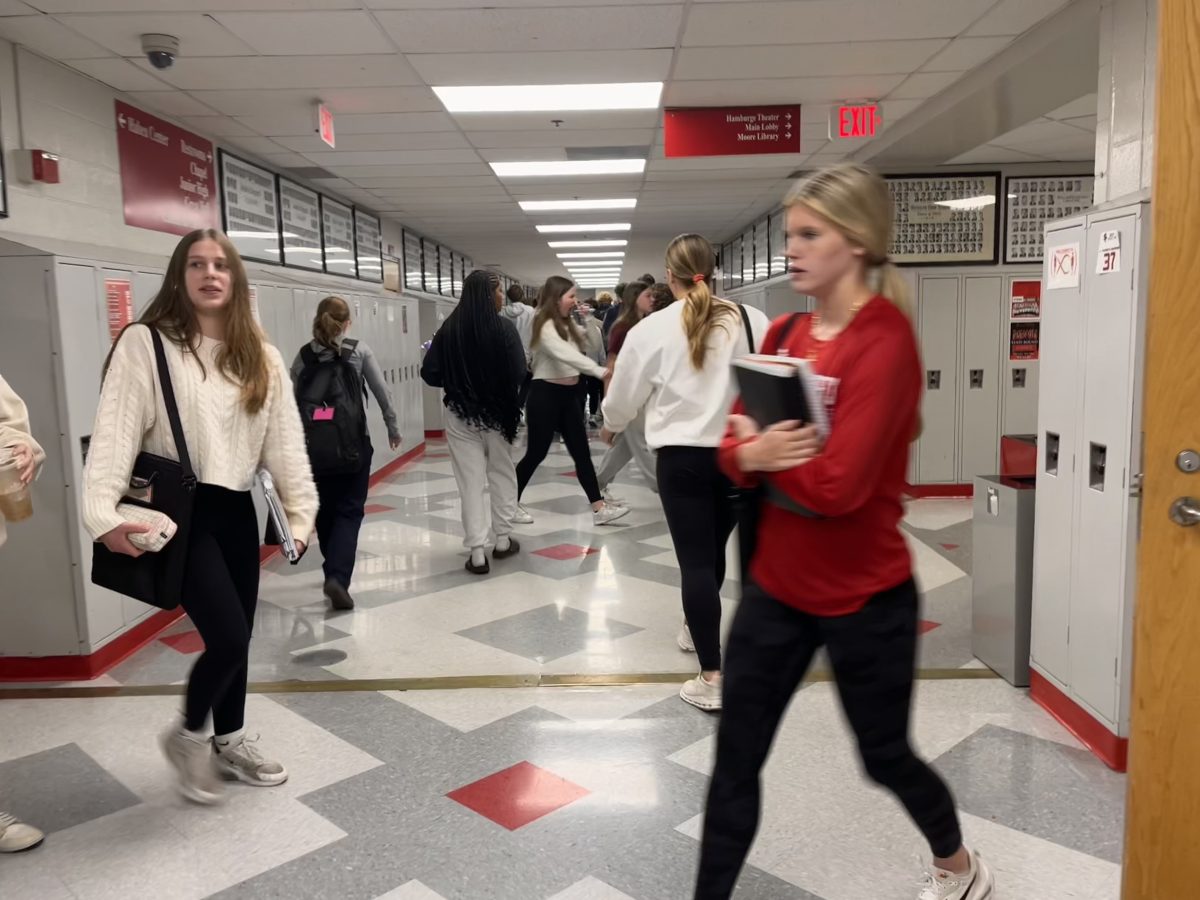
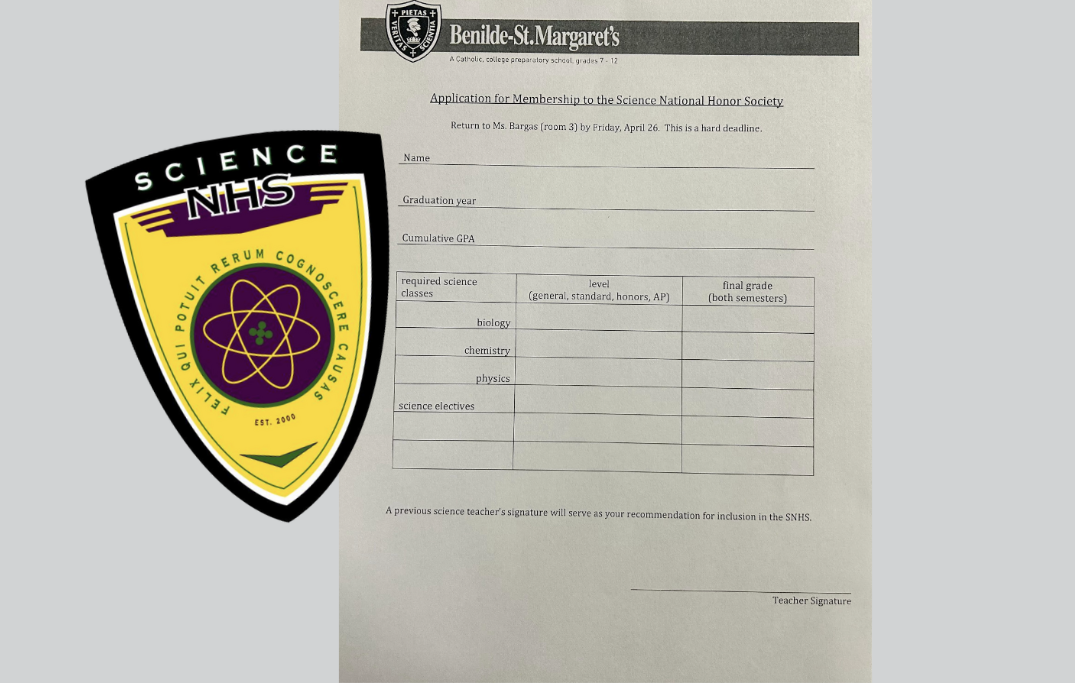
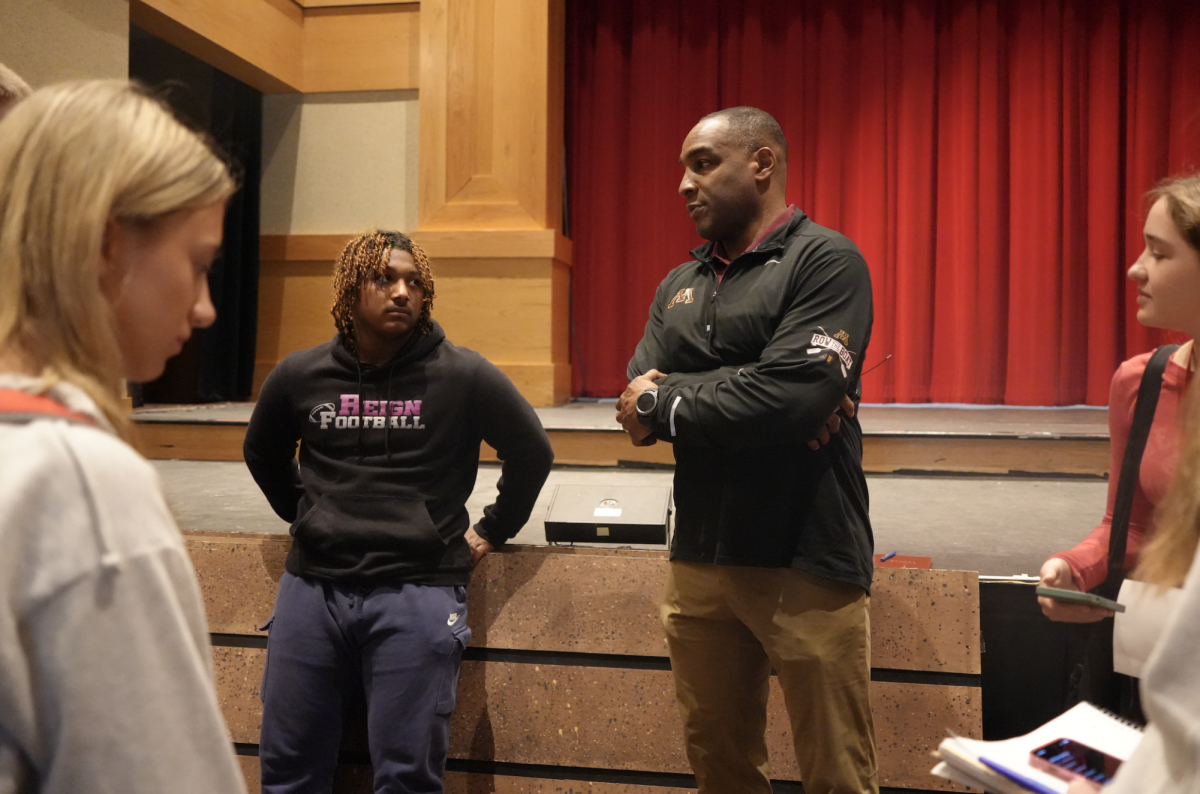

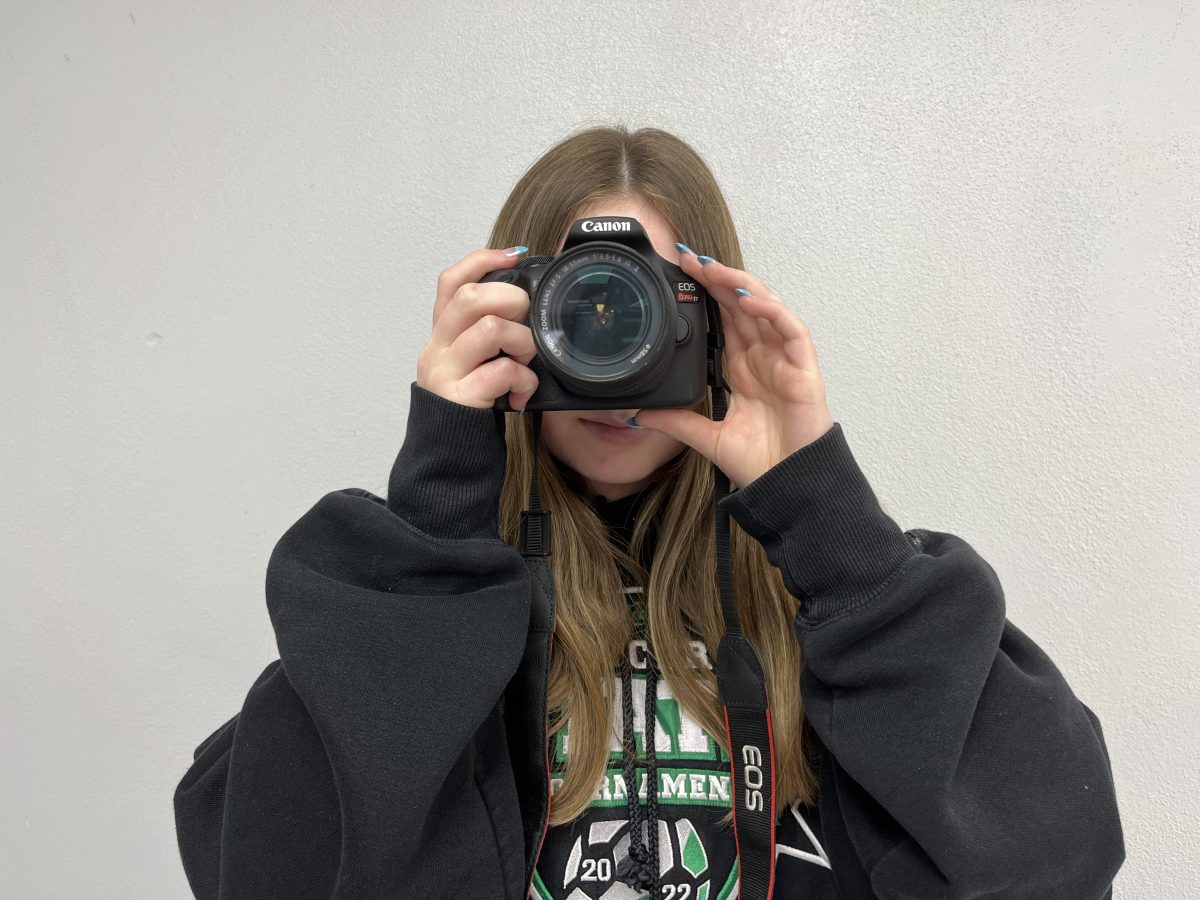

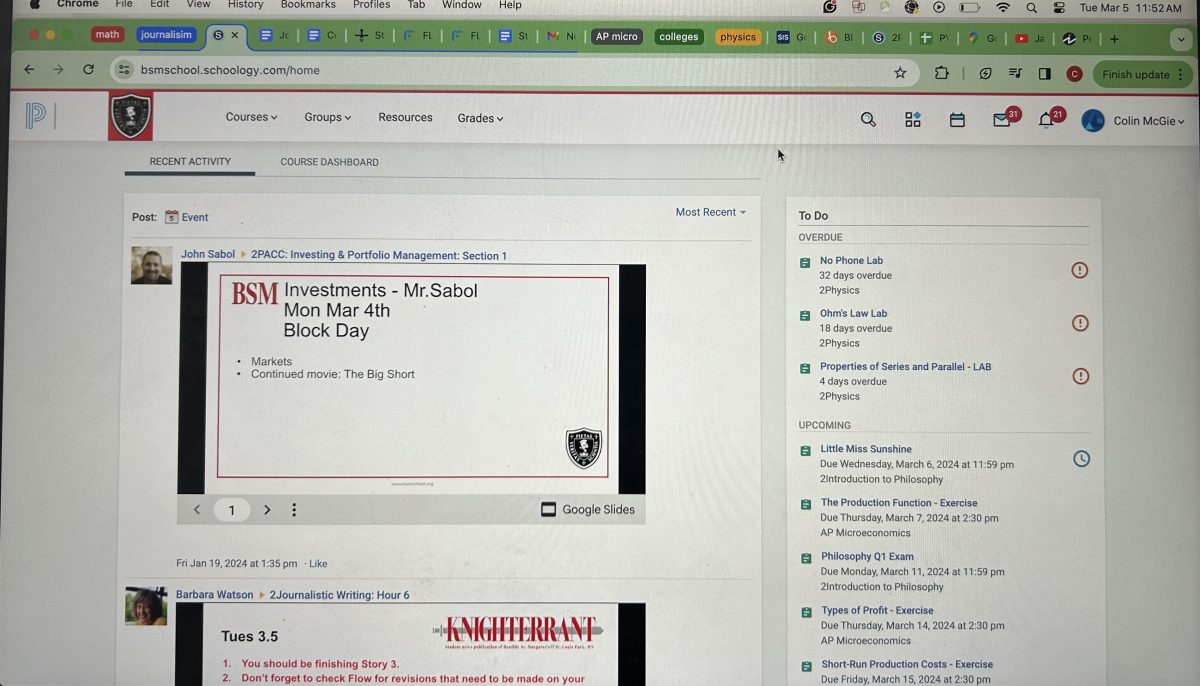
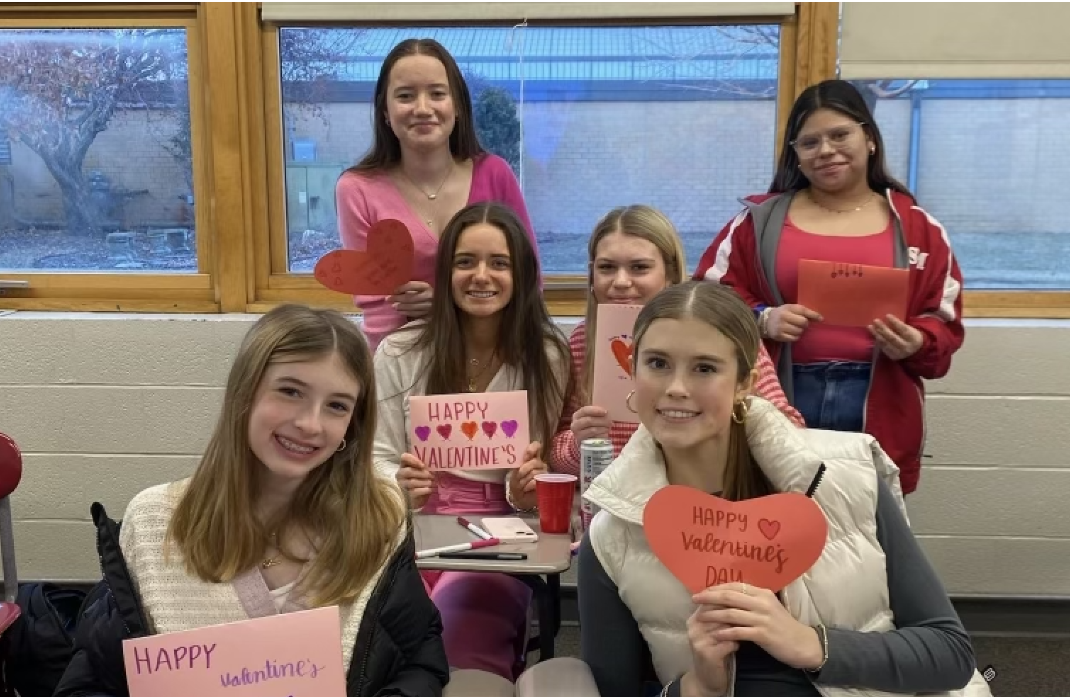









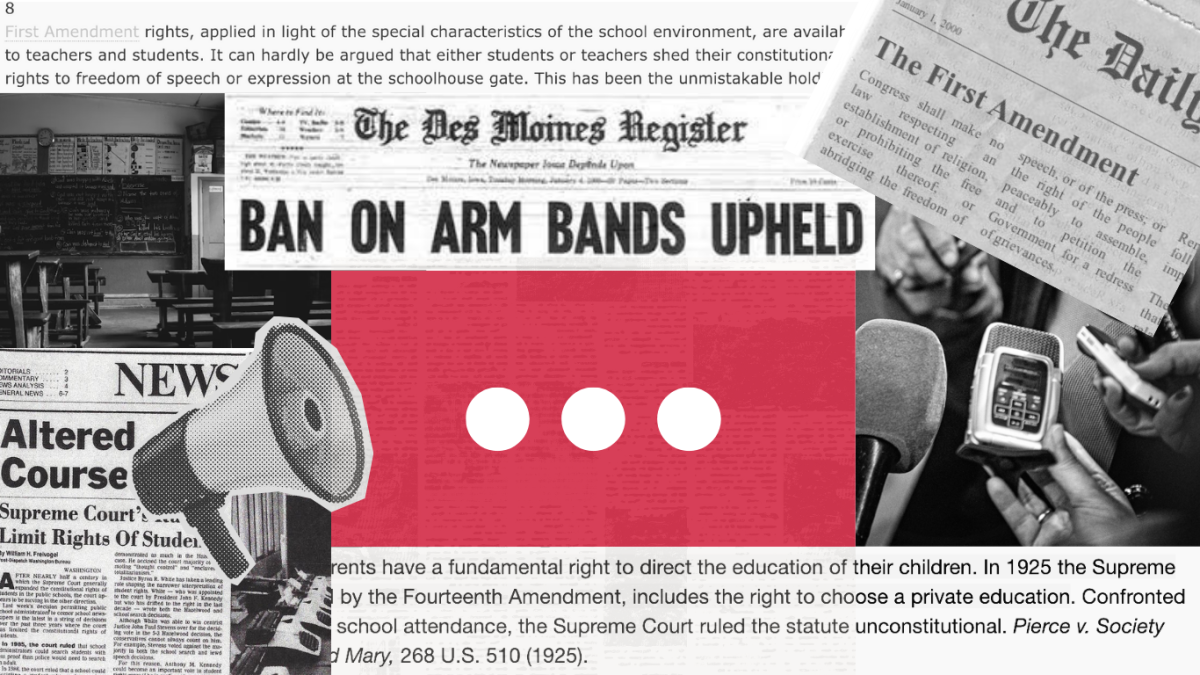
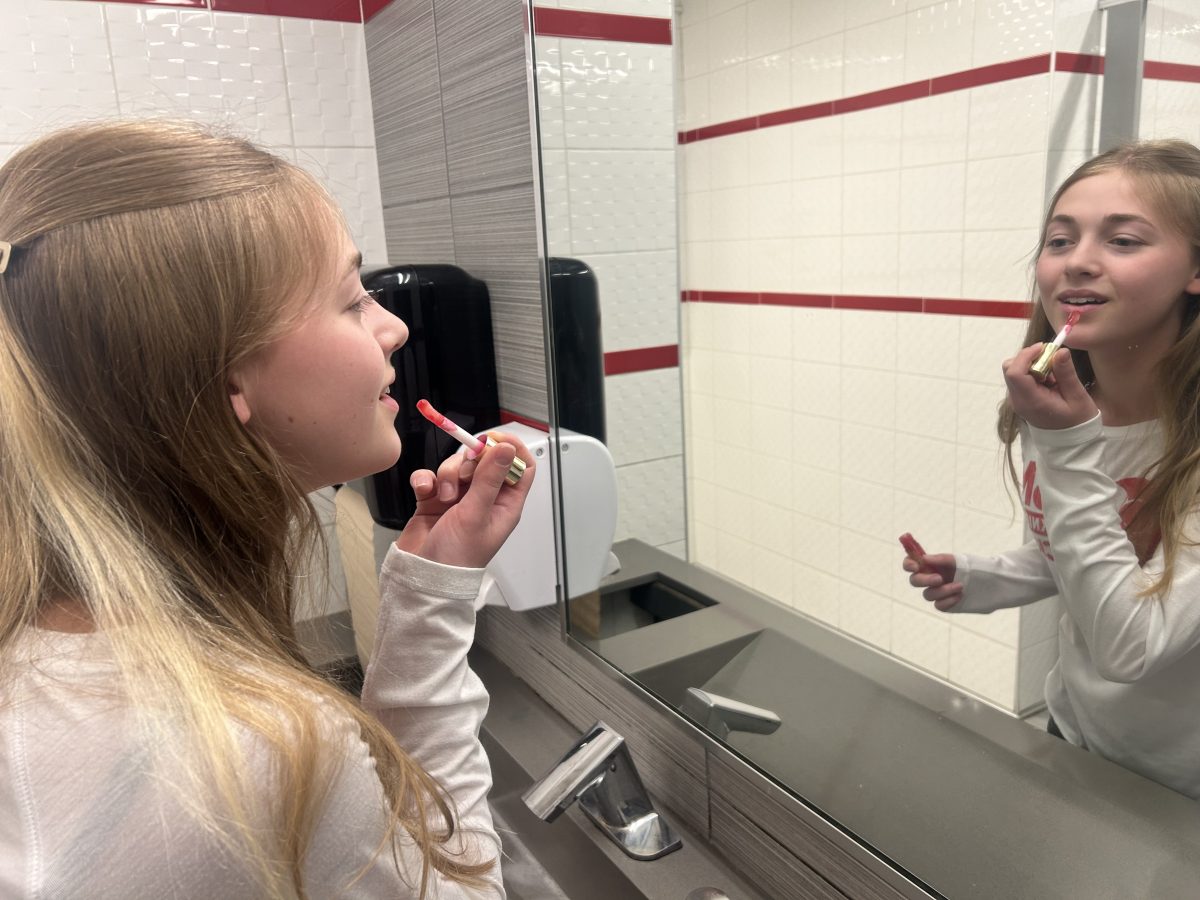

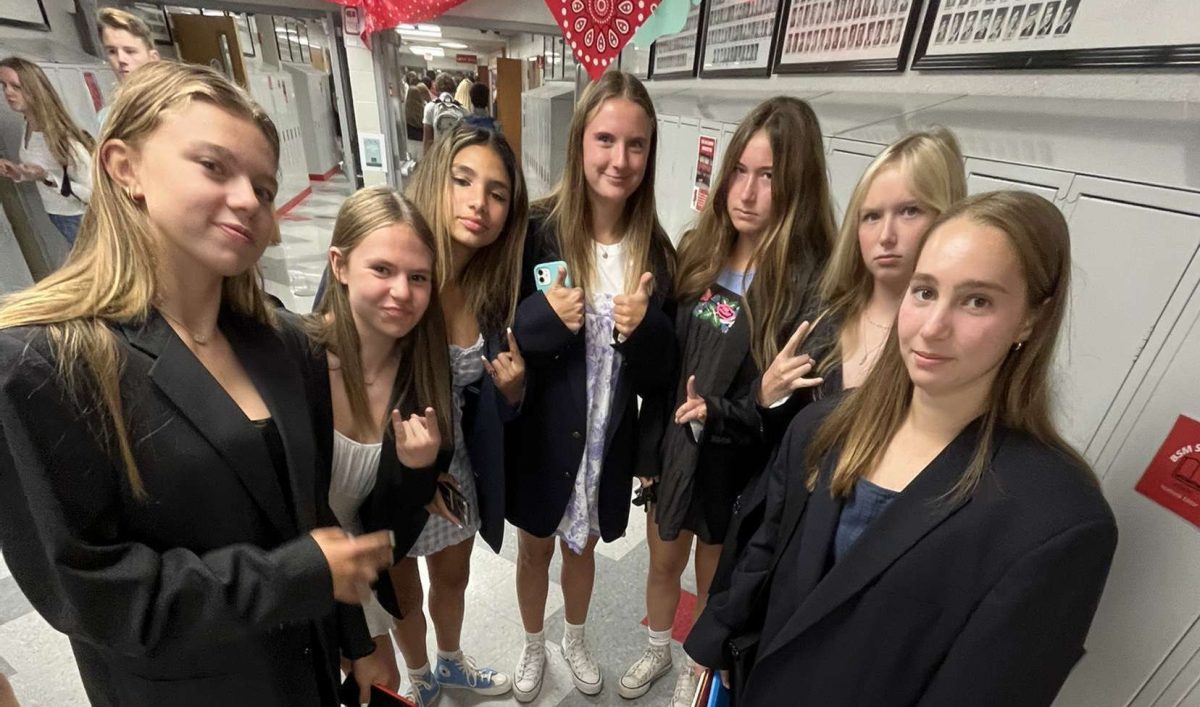


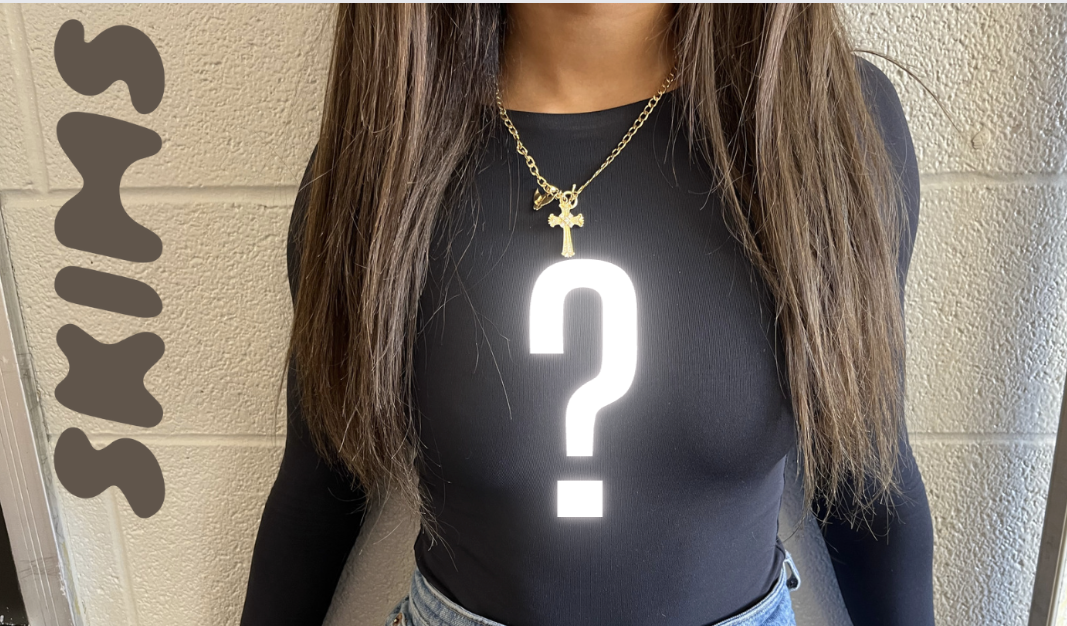
















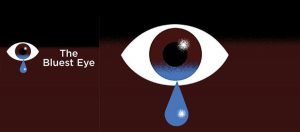
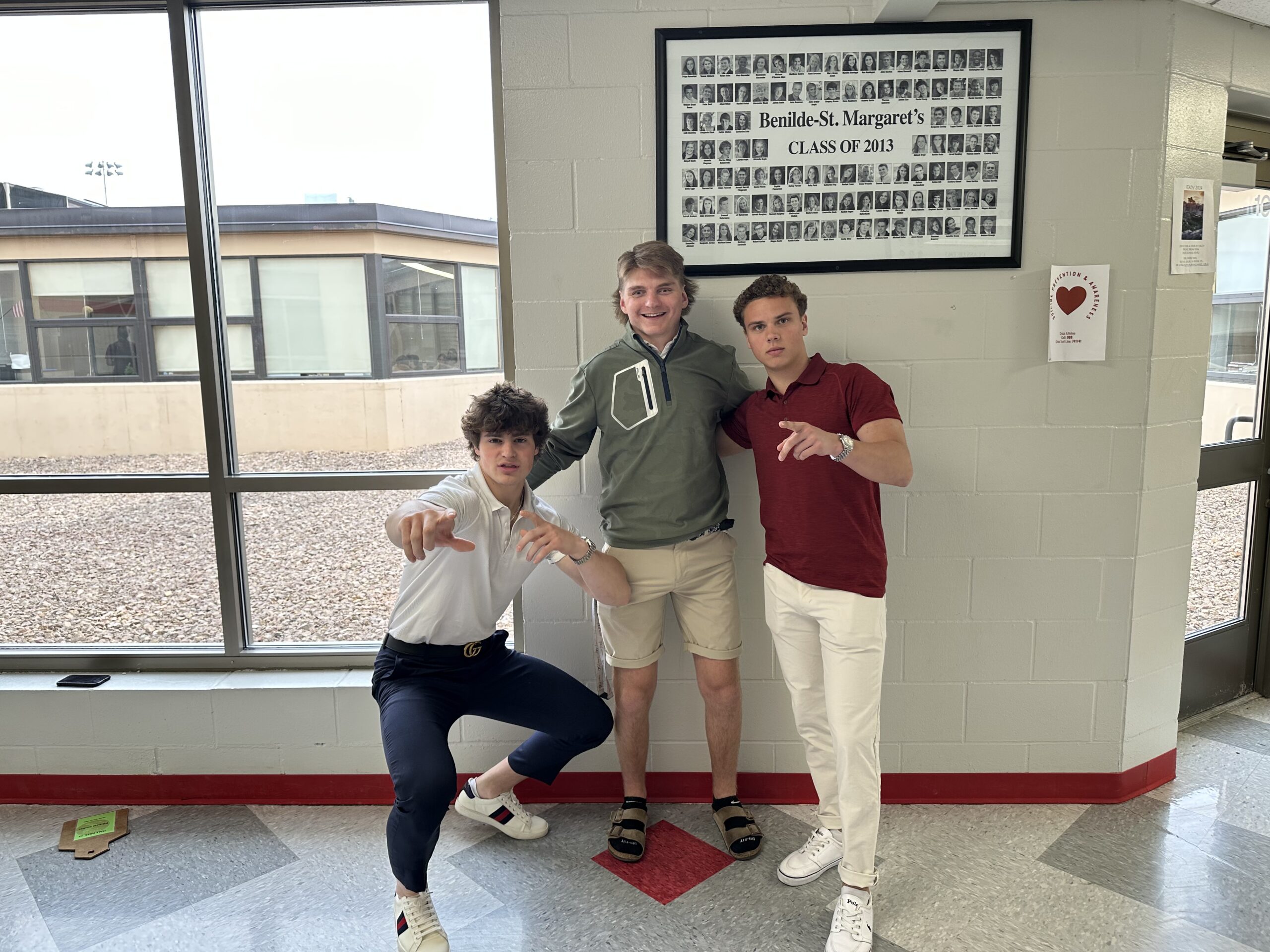
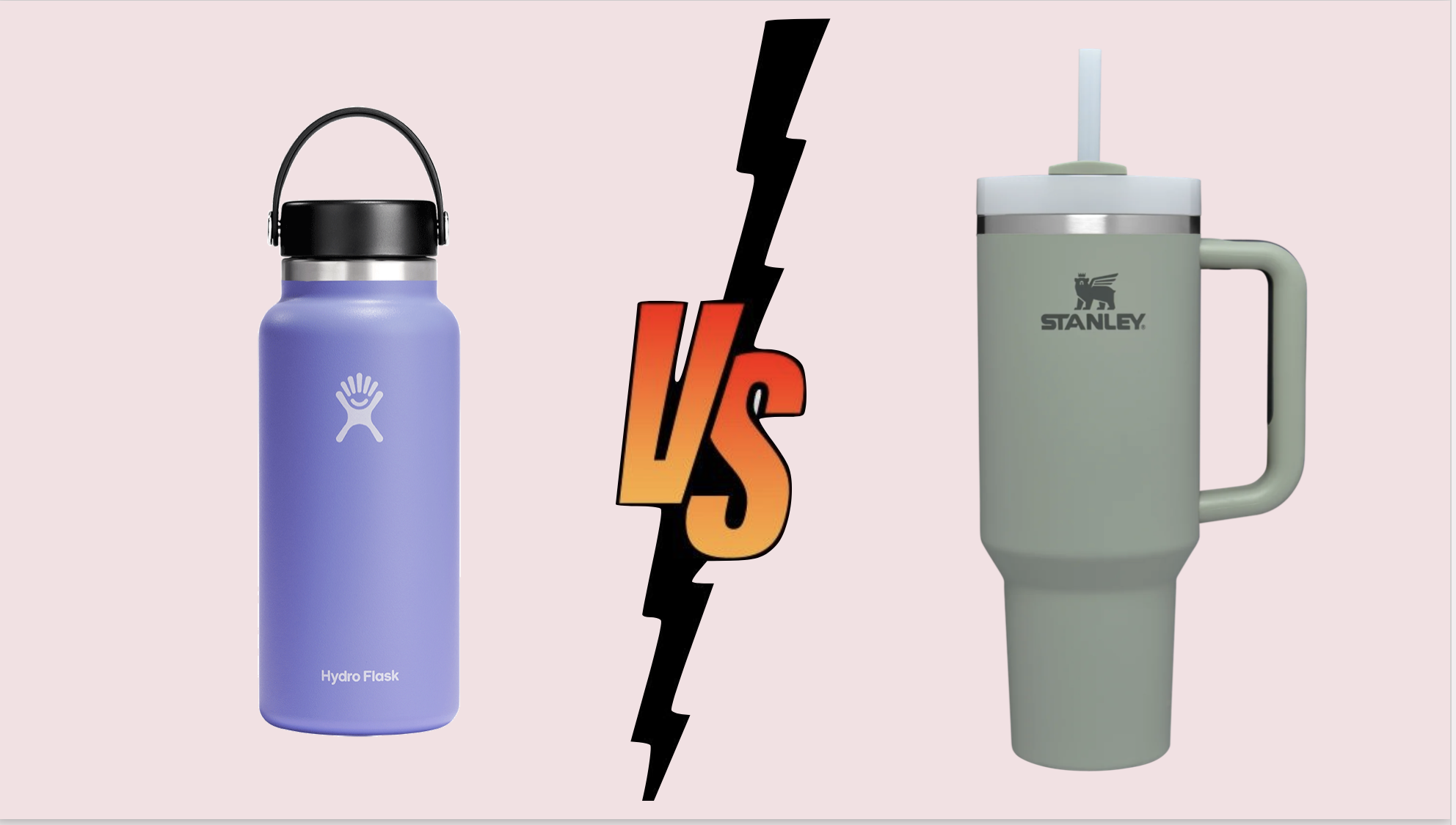
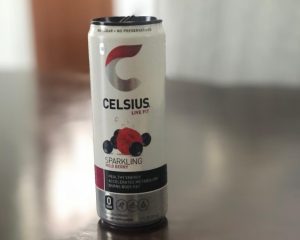
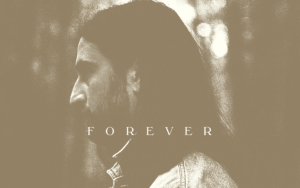
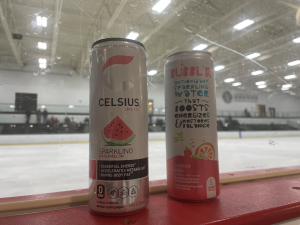


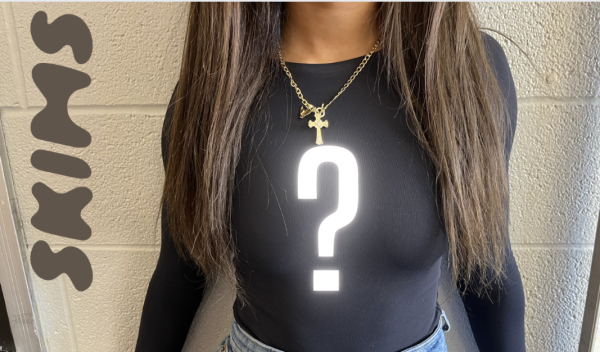
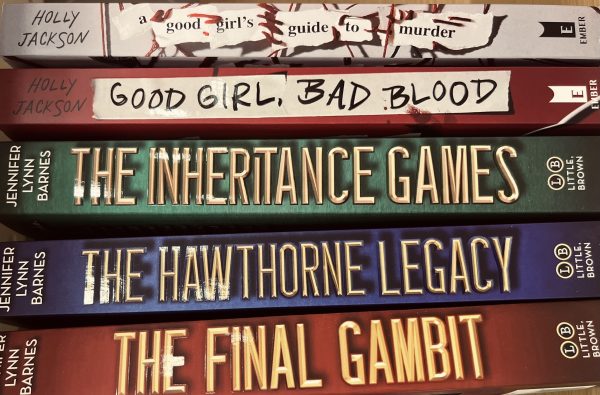
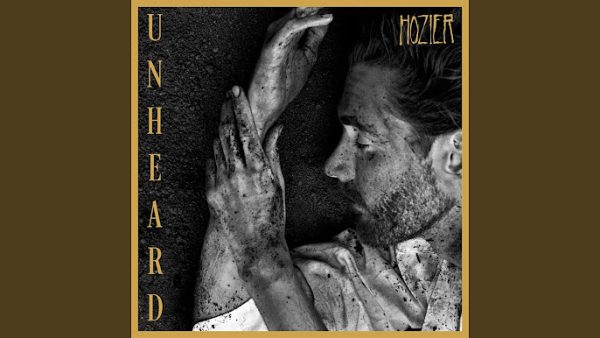
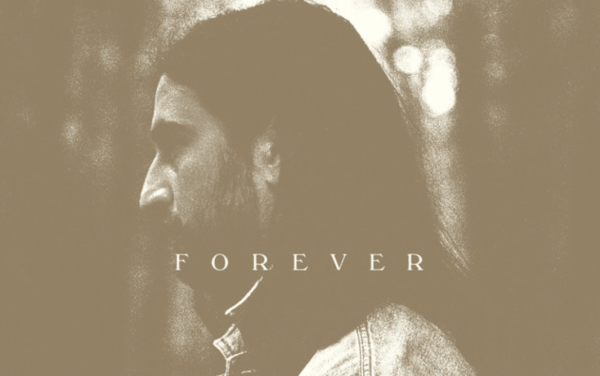
Duchess Harris • May 17, 2017 at 7:43 am
Maureen Peal is not White. She is a light skinned Black girl. As Morrison would say, “A high yellow dream child.”
Duchess Harris, JD, PhD
Chair of American Studies
Macalester College